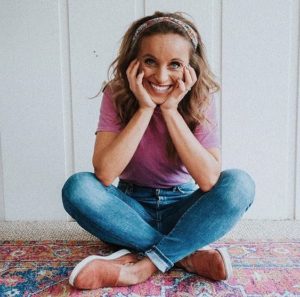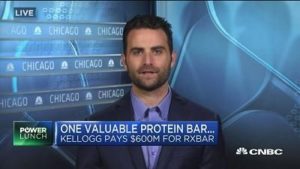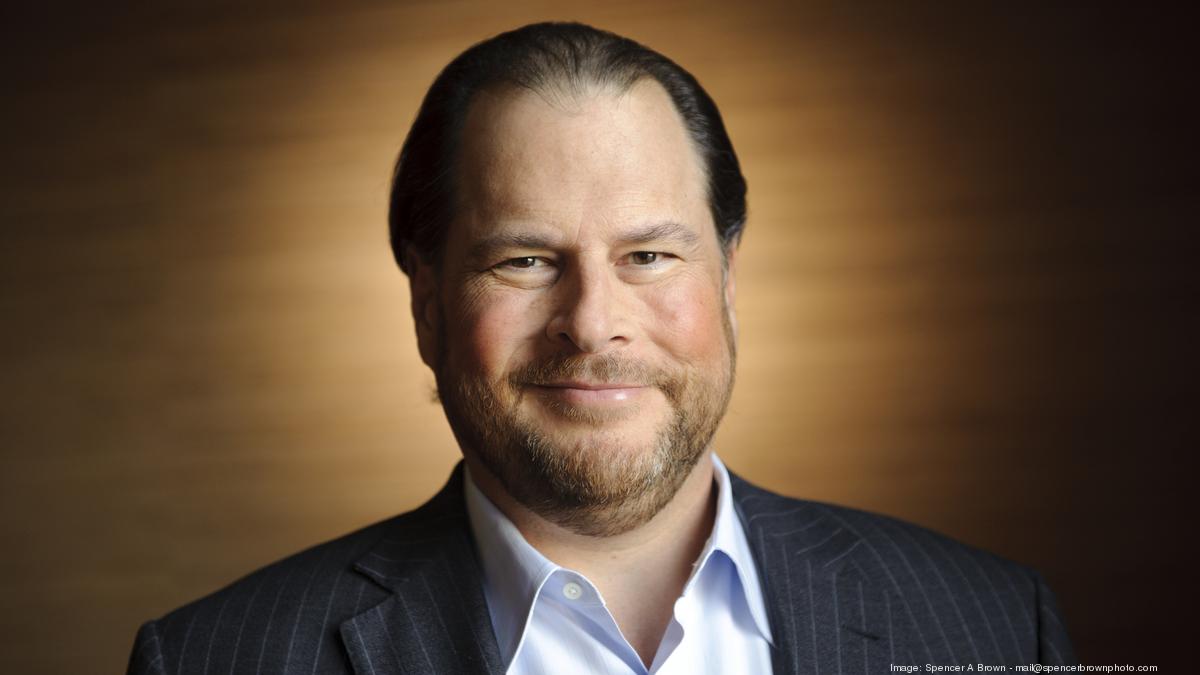In the exploding world of novel technologies, drones have captured many people’s attention. Drones combine ease, stability, and a small learning curve with speed, agility, and often video capability that takes RC enthusiasts to new heights and gives creators new ways to capture footage.
One company rising in through the crowded pool of drone products is Teal. Teal was founded by George Matus when he was 18. Drones caught George’s eye when he was in middle school and he began to tinker, fly, and come up with a wish list for features not yet available in drones of the time. Now Matus is 18 and with $2.8 million in seed funding he has launched Teal into the sky of drone production. Teal and George Matus work as a perfect example of pure passion driving a business to profitability.






 Marc Benioff, co-founder of Salesforce, showcases his incredible entrepreneurial ability by racing to millionaire status at age 25. How did he accomplish this monumental achievement so quickly? Key factors like software development, humble beginnings, and wise mentors helped skyrocket Benioff’s success as an entrepreneur.
Marc Benioff, co-founder of Salesforce, showcases his incredible entrepreneurial ability by racing to millionaire status at age 25. How did he accomplish this monumental achievement so quickly? Key factors like software development, humble beginnings, and wise mentors helped skyrocket Benioff’s success as an entrepreneur. Continuing to develop his professional skills for 10 years at Oracle, Marc became a millionaire at the young age of 25. He worked as an executive where his salary quickly added up to the millionaire mark.
Continuing to develop his professional skills for 10 years at Oracle, Marc became a millionaire at the young age of 25. He worked as an executive where his salary quickly added up to the millionaire mark.